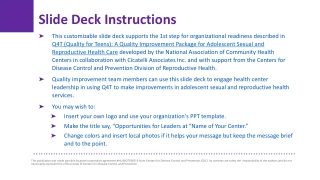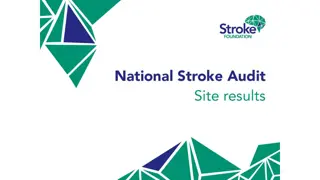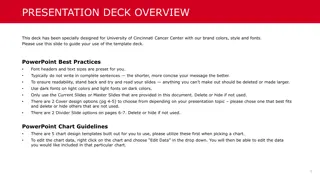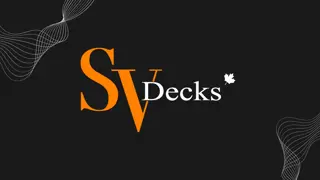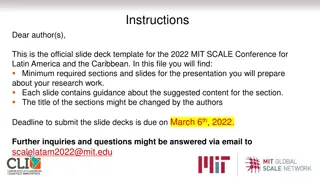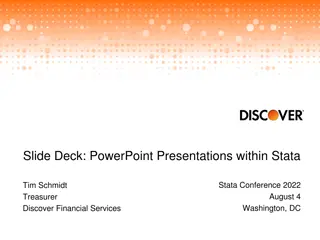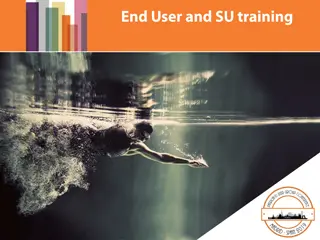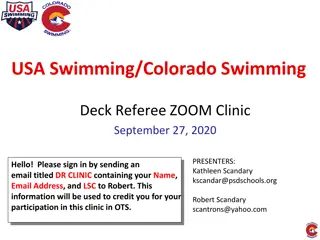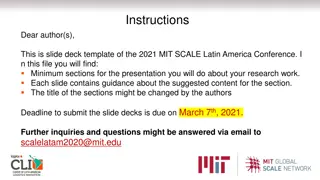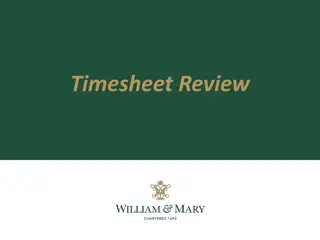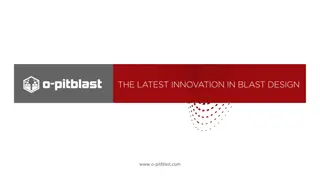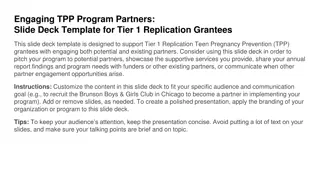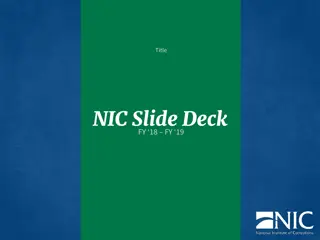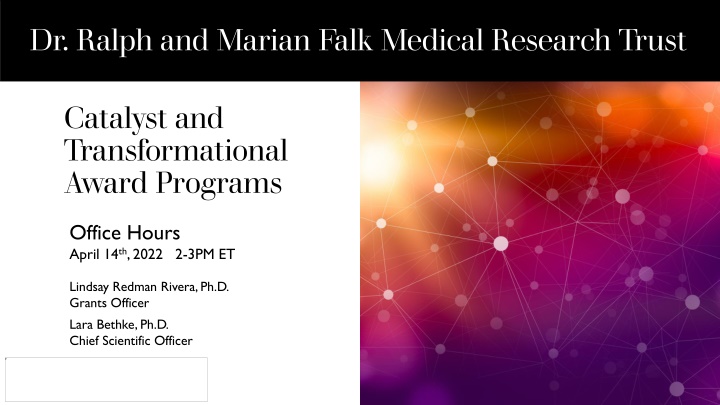
Ralph and Marian Falk Medical Research Trust Catalyst Programs Overview
"Learn about the Dr. Ralph and Marian Falk Medical Research Trust Catalyst and Transformational Awards, supporting high-risk projects aiming to improve medical treatments and find cures for challenging diseases. Discover the program goals, research focus, award durations, eligibility criteria, and application deadlines."
Download Presentation

Please find below an Image/Link to download the presentation.
The content on the website is provided AS IS for your information and personal use only. It may not be sold, licensed, or shared on other websites without obtaining consent from the author. If you encounter any issues during the download, it is possible that the publisher has removed the file from their server.
You are allowed to download the files provided on this website for personal or commercial use, subject to the condition that they are used lawfully. All files are the property of their respective owners.
The content on the website is provided AS IS for your information and personal use only. It may not be sold, licensed, or shared on other websites without obtaining consent from the author.
E N D
Presentation Transcript
Dr. Ralph and Marian Falk Medical Research Trust Catalyst and Transformational Award Programs Office Hours April 14th, 2022 2-3PM ET Lindsay Redman Rivera, Ph.D. Grants Officer Lara Bethke, Ph.D. Chief Scientific Officer
Program Goals The Dr. Ralph and Marian Falk Medical Research Trust was created to support medical research to improve treatments of the past and eventually find cures for diseases for which no definite cure is known. Two separate awards, designed to move insights gained from basic science into clinical practice in the near term (should have a realistic chance of moving into commercial development by the end of the Catalyst/ Transformational award lifetime - i.e., 3-5 years from Catalyst proposal) Catalyst Research Award Seed funding to lay foundation for Transformational Award. Supports planning and development of projects, teams, tools, techniques, and management infrastructure necessary to successfully compete for a 2-3 year Transformational Award. Transformational Research Award Helps successful Catalyst Awards move a healthcare innovation toward the next step in commercial development.
Research Focus To support high-risk, high-reward projects that address critical scientific and therapeutic roadblocks. Identification of biological markers of disease and activity progression Identification of targets for therapeutic interventions Development of therapeutic agents that will disrupt, arrest, or prevent the disease process Early Stage Early preclinical development from biomarker or target identification and validation to proof of concept up to development of a lead therapeutic Late Stage Lead optimization through drug candidate selection and IND- enabling studies Pre-transition Late-stage projects that need one or more critical experiments (e.g., lead candidate testing in non-human primates) to satisfy a transition requirement (i.e., FDA IND filing, venture capital investment, etc.)
Program Overview Transformational Award Catalyst Award Award Duration: 24 36 months 12 24 months Maximum Award Amount: (including 10% indirect costs) Up to $1,000,000 Up to $300,000 Application Deadline Award Start June 16th, 2022 Nov 30th, 2022 Nov 30th, 2023/24/25 Mid-October Award Notifications Award End
Eligibility Catalyst Award Invited Institutions may nominate 2 projects each cycle Investigative team may involve shared leadership and multiple PIs Administrative PI must be full time faculty at eligible institution PI(s) must have institutional support Personnel may not have funding for similar project One application per PI Transformational Award For a limited time, following completion of Catalyst Award Successfully achieved milestones & benchmarks
Review Criteria Translational Potential Can be transferred to clinical practice in the near term Impact Addresses a critical scientific roadblock and will have high impact on patient lives if successful Investigative Team Right combination of expertise and infrastructure to successfully carry out the project Project Based on sound precedents Clear rationale Realistic & powered methodology Appropriate budget and timeline
Common Pitfalls to Avoid Not translational in the near term (within 3-5 years) Not high-risk/high-reward Too much/not enough mechanistic study proposed or lack of preliminary data No contingencies or alternative plans Lack of expertise in relevant areas (i.e. pharmacology studies, drug delivery, clinical trials, scaling & manufacturing, commercialization, specific techniques, etc.) Poor grantsmanship: jargon, abbreviations, no clear hypothesis Overlap in funding
Common Pitfalls to Avoid Impact Translational Potential The likelihood that the proposed therapeutic will eventually have significant clinical impact is uncertain. There are concerns with overlap with ongoing commercialization approaches. Proposal is somewhat limited by the lack of mechanistic understanding and lack of data demonstrating benefit over conventional therapy This seems like a too safe bet for Falk, a project that is very likely to succeed, likely to be funded by others, and not likely to create groundbreaking headlines when the results are known. Commercialization potential or next steps for translation are not well addressed. Project focuses on an ultrarare disease with very low prevalence. The proposed technique has been used in prior models with limited success and there is no discussion of how it might eventually prove to be a useful approach. The work is at an early stage and it is unclear that efficient delivery will be feasible. Although innovative, this project is in its very early stages, without clear preliminary evidence that these treatments will be superior to current therapies, and thus transformational potential is somewhat limited. Somewhat limited by the lack of mechanistic understanding This approach does not appear sufficiently well designed to impact outcomes in the near term
Common Pitfalls to Avoid Investigative Team Project This grant utilizes numerous novel techniques. While innovative, it is not clear that the PI has the resources, experience or collaborators for all of the novel techniques described. lack of understanding of what is needed to move to clinical development I am concerned that the team might not have the expertise to make the project work within the timeline suggested. focusing on a single therapeutic may not be the right approach. Densely written proposal with many crowded, small figures. It is not easy to read! the grant is not hypothesis-driven and there are concerns about feasibility that limit the transformational potential. contingencies and alternative plans should be addressed lack of experimental details and methods for validation/assessment of results
Application Tips Recruit the right team: Include appropriate collaborations and/or shared leadership if it benefits the project Be realistic (in timeline, budgets, etc.) Avoid jargon and abbreviations; should be understandable to scientific generalists such as venture capital investors Be concise and clear (make it easy to read!) Include contingencies Seek feedback (internally, externally, and across disciplines)
Questions? Catalyst Award: https://hria.org/tmf/falkcap/ Transformational Award: https://hria.org/tmf/falktap/ Contact Us: FalkAwards@hria.org

